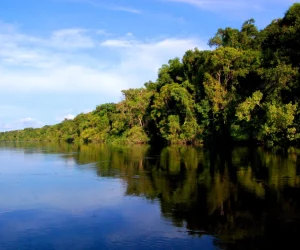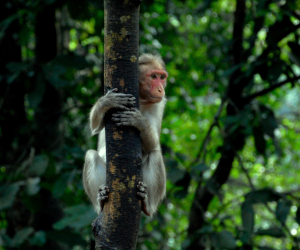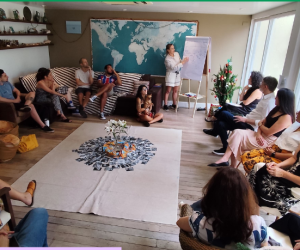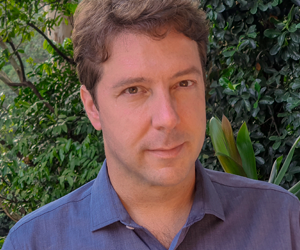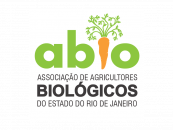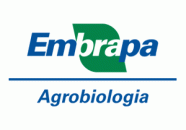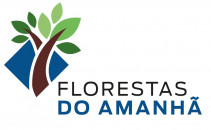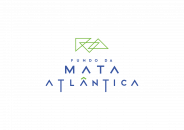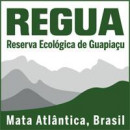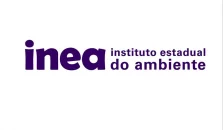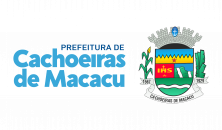The Atlantic Forest Trail: Restoring Productive Landscapes in the Guanabara Reconcave
With only 28% of its original forest cover remaining and a vast array of endemic species, the Atlantic Forest is one of the priority biogeographic regions for ecosystem conservation and restoration in Brazil and worldwide. Implementing large-scale restoration requires a coordinated and comprehensive effort, including the prioritization of areas, the selection of the most suitable recovery strategies and methods for the region’s socio-economic and environmental scenario, the strengthening of local networks and capacities, and the promotion of the productive chains in that territory. The region historically known as the Guanabara Reconcave also has significant ecological relevance and demographic pressure, so restoration actions have a high potential to generate environmental and socio-economic benefits.
The Forests of Tomorrow initiative, spearheaded by the State Government through the Secretariat for Environment and Sustainability, aims to restore the biome with investment resources from the Atlantic Forest Fund. The initiative seeks to increase the forest cover of the state of Rio de Janeiro by 10%, reaching a total of 40% of the territory covered by the Atlantic Forest.
In this context, the project “On the Path of the Atlantic Forest: Restoring Productive Landscapes in the Guanabara Reconcave” was selected with the objective of promoting the recovery of native Atlantic Forest vegetation through an integrated landscape management approach, aiming at biodiversity conservation, environmental compliance of rural properties, strengthening agroforestry productive chains, and advancing knowledge in ecosystem restoration in the municipalities of Cachoeiras de Macacu, Guapimirim, and Magé, RJ.
The project will restore 150 hectares using different ecological and productive restoration techniques, including seedling planting, direct seeding, and the implementation of agroforestry systems, while leveraging the natural regeneration potential of each area to reduce costs. To ensure the effectiveness and sustainability of restoration activities, the project also includes the training of technicians and rural producers, as well as the implementation of initiatives to promote seed collection and native seedling production. Additionally, the areas under restoration will be monitored using flora, soil, social, and economic indicators, supporting management actions and cost-effectiveness evaluations of different restoration strategies.
Starting in February 2024, the project is expected to contribute, over the next four years, to creating a favorable environment for large-scale restoration, strengthening local capacities for implementing environmental policies and sustainable rural development.
The project is a joint initiative of the International Institute for Sustainability (IIS) and the Atlantic Forest Path (CMA), with partners including the Guapiaçu Ecological Reserve (REGUA), the Brazilian Agricultural Research Corporation (Embrapa) Agrobiology, Agroicone, the Socio-Environmental Institute (ISA), and the Association of Organic Farmers of the State of Rio de Janeiro (ABIO). The project is funded by the Forests of Tomorrow Program, an initiative of the State Secretariat for Environment and Sustainability (SEAS), via the Atlantic Forest Fund (FMA-RJ), managed operationally by the Brazilian Biodiversity Fund (FUNBIO).

